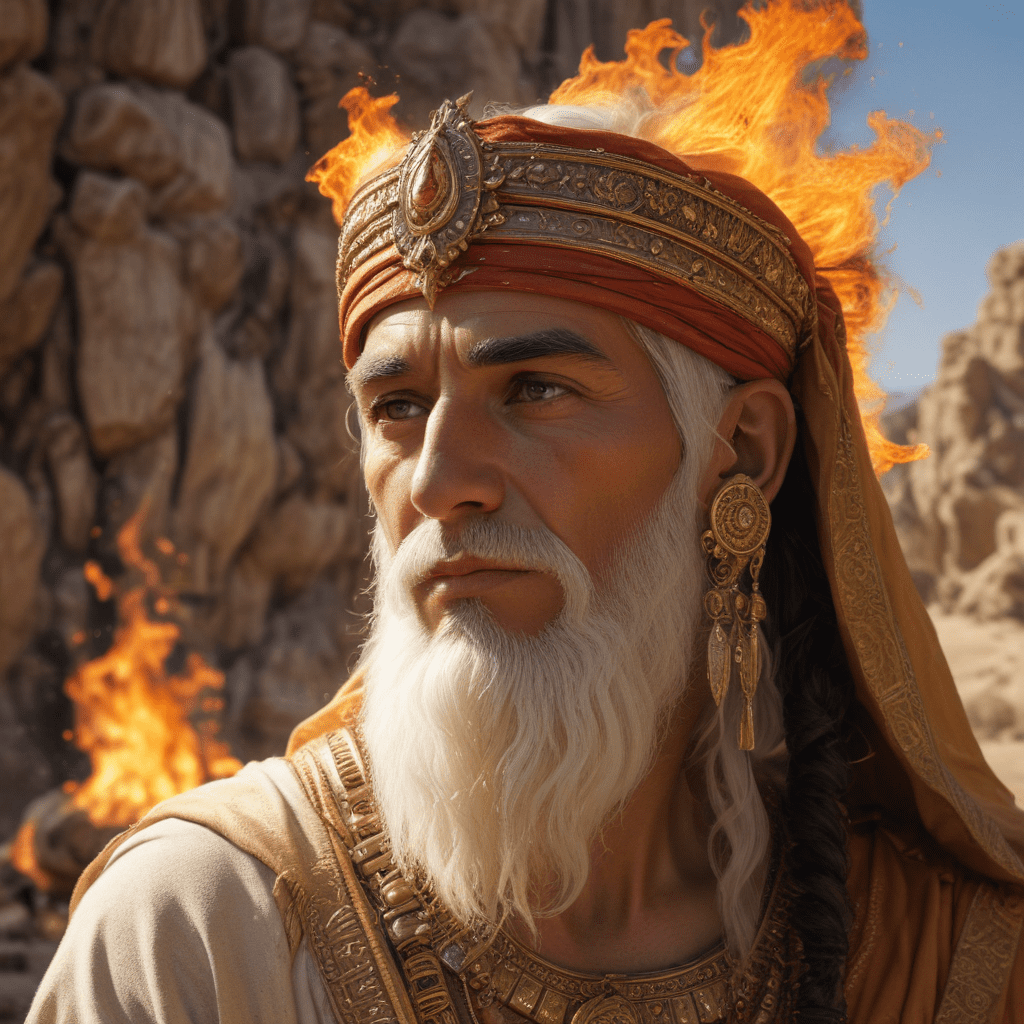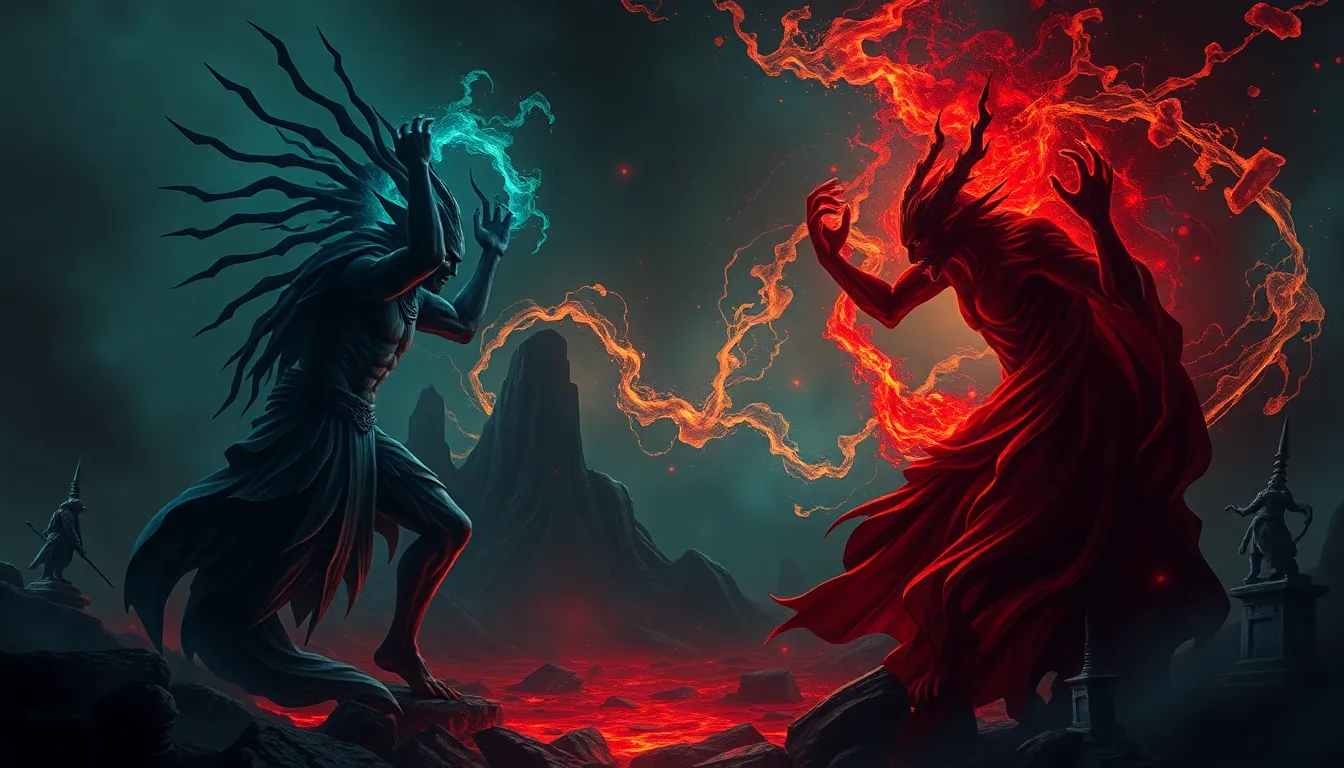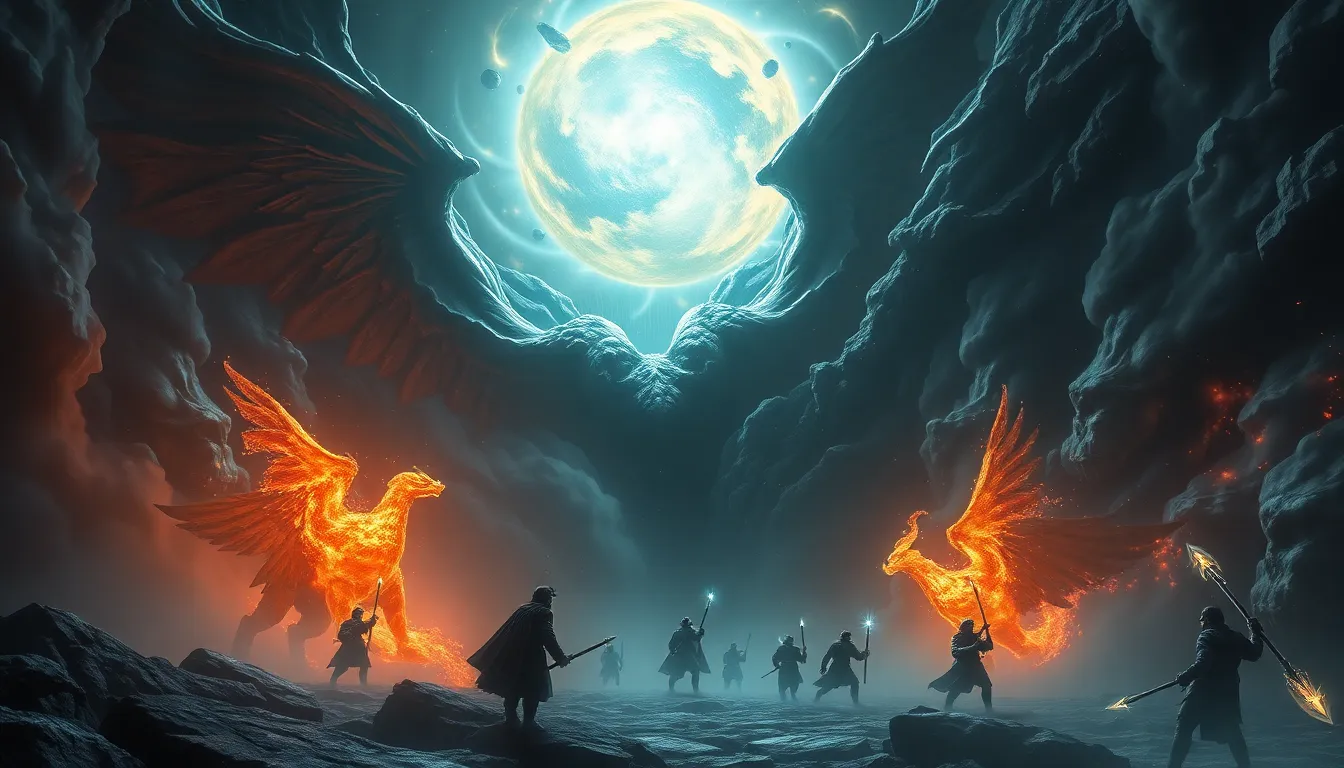The Symbolism of Fire in Zoroastrian Mythology
1. Fire as a Divine and Sacred Element
Fire holds a central and profound significance in Zoroastrianism, the ancient Persian religion founded by the prophet Zoroaster. It is considered a divine and sacred element, symbolizing light, truth, purity, wisdom, and life itself. Its presence pervades all aspects of Zoroastrian theology, rituals, and ethics.
6. The Fire Temples and the Role of Priests
Fire temples, known as Atashkadehs, occupy a central position in Zoroastrianism. These sacred structures house the ever-burning fire, which serves as a physical manifestation of the divine. The fire is meticulously tended by priests, known as Herbads, who ensure its perpetual flame. The Atashkadehs are not only places of worship but also serve as community centers and sanctuaries for spiritual contemplation.
Priests play a crucial role in maintaining the sacredness of fire. They perform rituals and ceremonies involving fire, ensuring its purity and channeling its symbolic power. Their knowledge and expertise are essential for preserving the ancient traditions and ensuring the continuity of Zoroastrian beliefs.
7. Fire as a Symbol of Life and Renewal
Fire, in Zoroastrianism, symbolizes the dynamism and transformative power of life. It represents the constant cycle of birth, growth, decay, and renewal, reflecting the impermanence of all things. The ever-burning fire serves as a reminder of the eternal flame of life, even amidst the inevitable changes and challenges.
Moreover, fire is associated with the concept of Ashem Vohu, the Zoroastrian principle of truth and righteousness. As fire illuminates darkness and reveals truth, it represents the pursuit of a virtuous and meaningful life.
8. The Ethical Implications of Fire Symbolism
The symbolism of fire extends to the ethical principles of Zoroastrianism. Fire is seen as a symbol of purity and truth, urging individuals to strive for moral excellence and spiritual enlightenment. It underscores the importance of resisting evil thoughts, words, and deeds, illuminating the path towards righteousness.
Furthermore, the transformative power of fire highlights the possibility of personal growth and spiritual evolution. Individuals are encouraged to embrace the transformative fire within, seeking to shed negative traits and cultivate virtues.
9. Fire and the Afterlife in Zoroastrianism
The Zoroastrian concept of the afterlife is also intertwined with fire. The soul, upon death, is believed to undergo a judgment by fire. Those who have lived righteously pass through the fire unscathed, while the impure are cleansed by its flames. Fire thus symbolizes the purifying power of divine justice, ensuring that each individual receives their rightful reward or punishment.
Moreover, fire is associated with the concept of Frashokereti, the future renovation of the world. In this climactic event, all evil will be vanquished, and the world will be reborn in a state of perfect harmony and purity. The purifying flames of Frashokereti represent the ultimate triumph of good over evil and the restoration of cosmic order.
10. The Continuing Significance of Fire Symbolism in Modern Zoroastrianism
The symbolism of fire continues to hold profound significance for modern Zoroastrians. It remains a central element of their worship, rituals, and ethical principles. The presence of fire in Atashkadehs and homes serves as a constant reminder of the divine presence and the importance of living a virtuous life.
Moreover, fire inspires artistic expression, philosophical contemplation, and environmental awareness. It represents the enduring legacy of Zoroastrianism and its timeless message of light, truth, and renewal.
FAQ
What is the relationship between fire and Ahura Mazda?
Fire is considered a manifestation of Ahura Mazda, the supreme deity in Zoroastrianism. It symbolizes his wisdom, purity, and creative power.
Why is fire considered sacred?
Fire is sacred because it represents light, truth, and the divine presence. It is believed to have the power to purify and protect against evil.
How is fire used in Zoroastrian rituals?
Fire plays a central role in Zoroastrian rituals, such as weddings, funerals, and prayers. It is used to symbolize the divine presence, offer sacrifices, and purify the participants.
What is the significance of the fire temples?
Fire temples are sacred structures that house the ever-burning fire. They serve as places of worship, community centers, and sanctuaries for spiritual contemplation.
How does the symbolism of fire relate to the Zoroastrian concept of the afterlife?
Fire symbolizes the purifying power of divine justice in the afterlife. It is believed to cleanse the souls of the righteous and punish the wicked.



